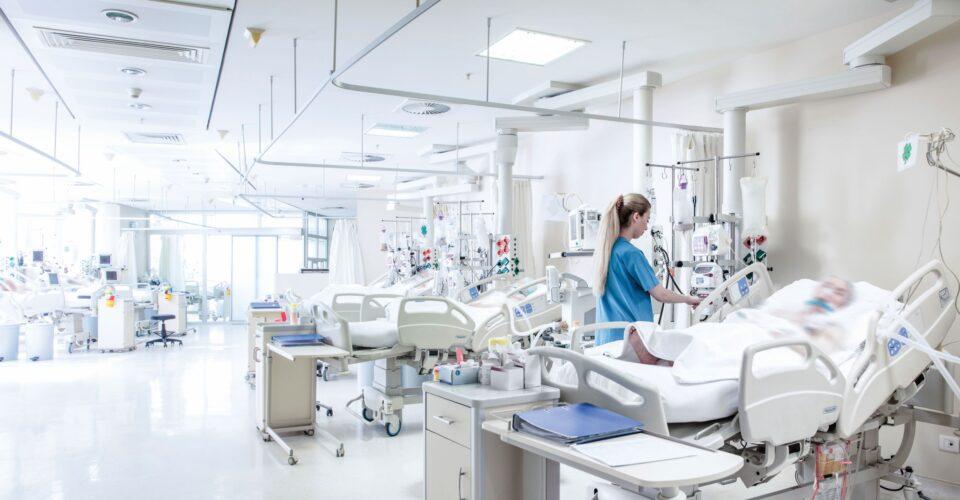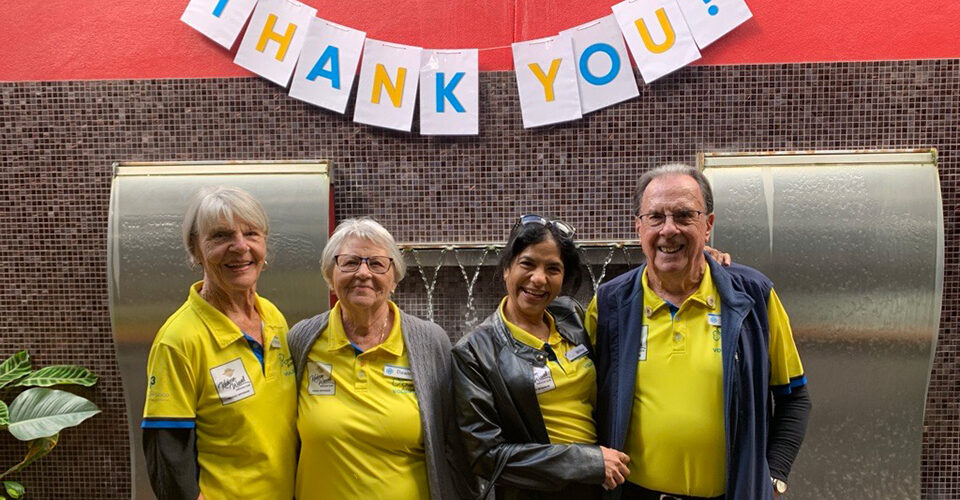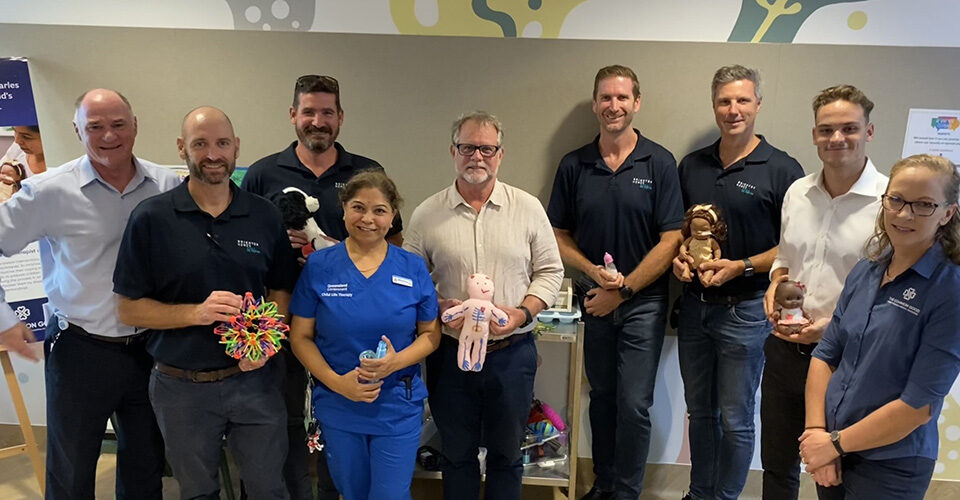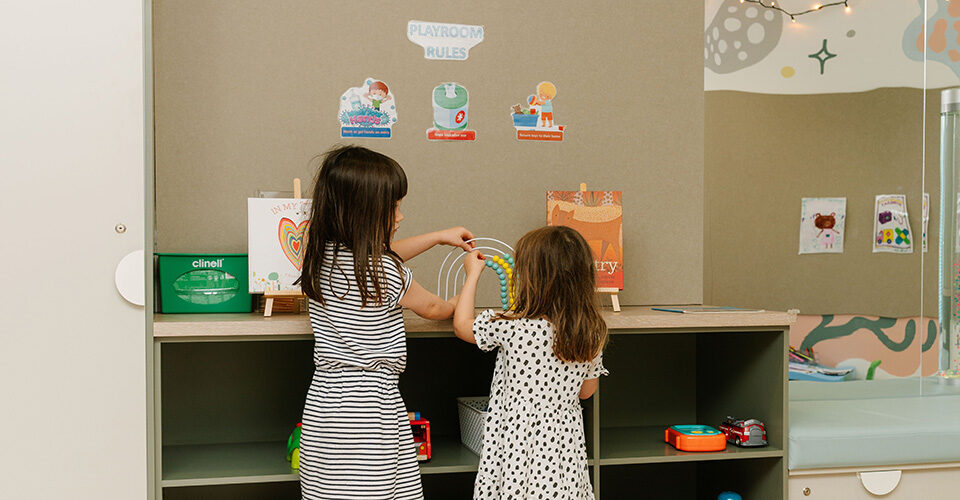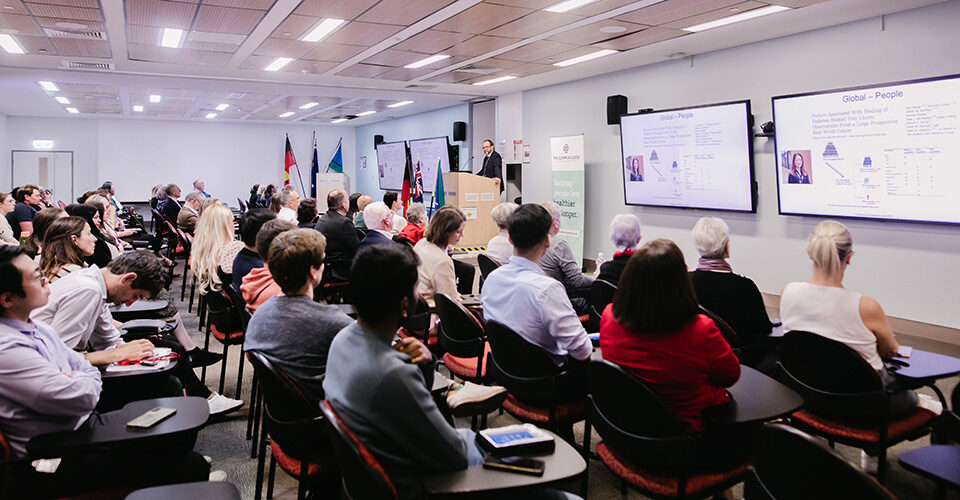Intensive care units (ICU) are amazing places. They are for saving the lives of sickest of the sick where every moment is a matter of life and death.
Around 90 per cent of people who are admitted into the ICU survive, which is a remarkable achievement and testament to the committed medical teams who fight to keep them alive.
The ICU space itself however, can feel like being in the middle of a war zone. Alarms, bright artificial lights, beeping machines, high anxiety and distressed relatives… The impact of this to ICU patients over a week or more—of stress, sleep deprivation and strange surroundings—can lead to ICU Delirium and in many cases ongoing mental health concerns such as post-traumatic stress.
Delirium is a serious condition that results in an acute change in the mental state of critically ill patients, with disturbances to their consciousness, attention, cognition and perception. Symptoms can include terrifying hallucinations or having delusions that staff are trying to harm them.
The Critical Care Research Group, supported by The Common Good, Lendlease, Philips, Breadcrumb Digital, and Wilson Architects, have created an ICU space that concentrates on the well-being of the patient, including both their physical condition and their emotional and mental health. The patient’s experience will be at the centre of an innovative bed space design, or ‘Cocoon’, that infuses technology and personalised medicine with best practice architectural and engineering solutions to improve clinical efficiencies.
Team lead, Oystein Tronstad said “Working hand in hand with clinicians, former patients and their families, and industry partners, the “ICU of the Future” aims to reduce the incidence of ICU Delirium and improve the experience and long-term outcomes of critically ill patients, optimising the quality of patients can expect to enjoy after leaving the hospital.
“For this world-first project we introduced technologies that can reduce the amount of noise that is create and the volume heard by the patient, lighting that can mimic natural light and inform the body’s natural circadian rhythm and improve how the patient connect with their family members and the outside world. When the design changes are implemented into a working intensive care unit, we envisage that we will see significant improvements in patient outcomes.”
Through the clever use of adjustable technology including circadian lighting that mimics natural sunlight; sound masking which uses bed sensors to change background noise levels; flexible architectural design to maximise patient privacy, this approach to critical care will provide a way for the emotional and psychological well-being of the ICU patient to come first so that people not only survive but thrive.
An optimal ICU design can improve patient outcomes, decrease the length of stay, reduce the rate of preventable complications, and lower health care costs. Considering that ICU patients aged over 60 have an 80 per cent chance of developing delirium, it is hoped the “ICU of the Future” will revolutionise patient care.
To help translate the prototype of this incredible concept into operational ICU bedspaces, please donate now.
